Did you know that there is a strong link between trauma and autoimmune disorders? This article is going to explore the connection between trauma and autoimmune disorders and how trauma therapy can help towards healing the pain.
I’ve noticed over the years that many of my clients who have experienced trauma and other adverse childhood experiences (ACE) tend to suffer from higher incidences of autoimmune disorders, such as Fibromyalgia, Rheumatoid Arthritis, Chronic Fatigue, Myalgic Encephalomyelitis and other inflammatory conditions. A June 2018 study in the Journal of the American Medical Association confirms the connection.
Related: Can Trauma Cause Memory Loss? Understanding The Link Between The Two
The Link Between Trauma And Autoimmune Disorders
There seems to be a direct correlation between childhood trauma, the nervous system being stuck on high alert, uninterrupted flooding of stress hormones and chronic fatigue and inflammation.
Resolution of trauma symptoms is essential if the body is to recover and restore itself.
Trauma Therapy in a Nutshell
Effective Trauma Therapy starts with the establishment of emotional and cognitive safety in therapy.
In the early stages, a client with an unresolved history of trauma is first supported to stay calmly in the present moment, and is guided and taught how to gently bring themself back to the present should they experience flight responses, such as emotional overwhelm, aka ‘flooding’, or ‘freeze’ responses like dissociation or going numb.

Once the individual is able to stay present calmly and voluntarily, then whatever traumatic memories, feelings or associations they have been struggling with can be processed and integrated.
Trauma therapy usually involves gradual desensitization to traumatic memories, and utilizes cognitive, emotional and somatic (body based) approaches.
Interventions such progressive desensitization, where traumatic memories are paired with guided relaxation, as well as Hypnosis and EMDR all work to settle down distress in the emotional brain, and to create new, more positive associations that reduce anxiety and increase emotional stability, thereby creating hope and a greater sense of self efficacy, aka ‘I can do it’, for survivors.
Related: Why Do Adverse Childhood Experiences Harm Us As Adults?
Over time, as a stronger bridge is built from the emotional brain to the front brain, traumatic stress responses decrease. Traumatic memories become more neutralized ‘stories’ that can be integrated and no longer cause distress.
These novel and neutral associations help forge new neural pathways to healing, and build the foundation to physical as well as emotional recovery from chronic stress based health problems such as autoimmune disorders.
References:
Association of Stress-Related Disorders With Subsequent Autoimmune Disease; Huan Song, MD, PhD; Fang Fang, MD, PhD; Gunnar Tomasson, MD, PhD; Journal of the American Medical Association, 2018
Written By Glynis Sherwood MEd
Originally Appeared On Glynis Sherwood




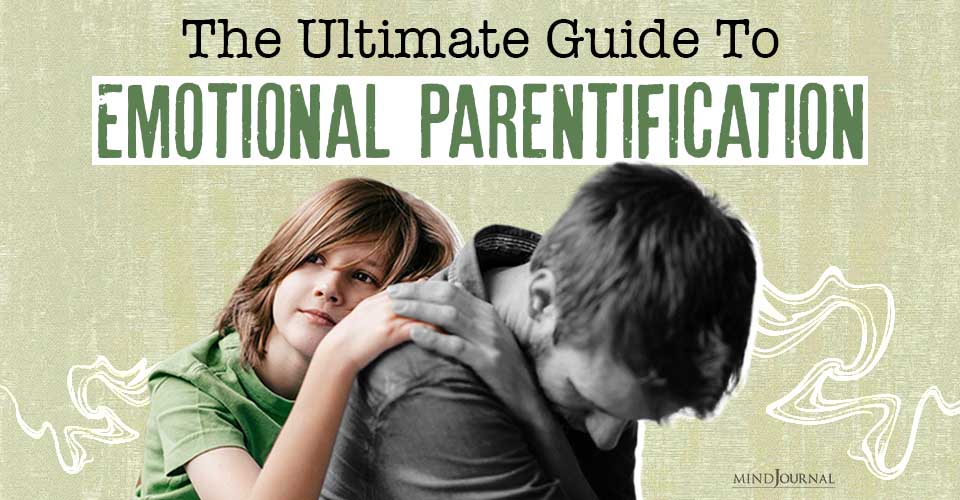
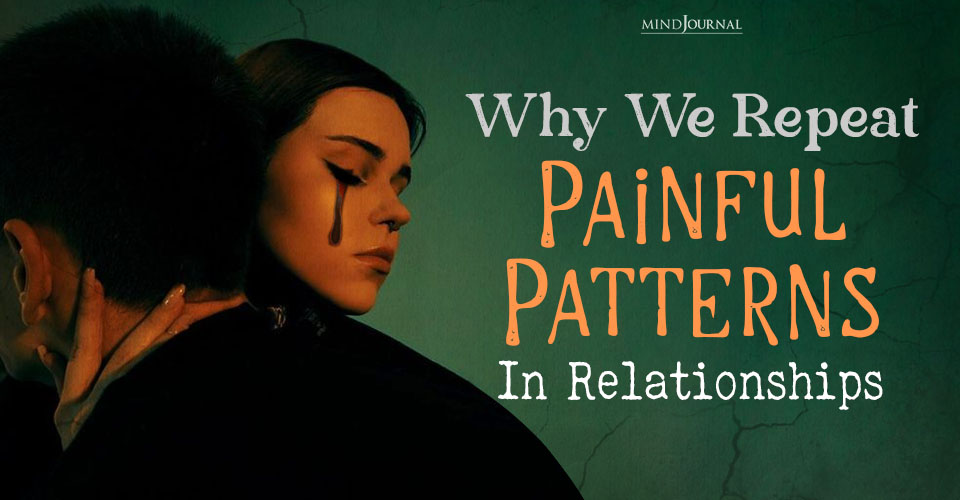
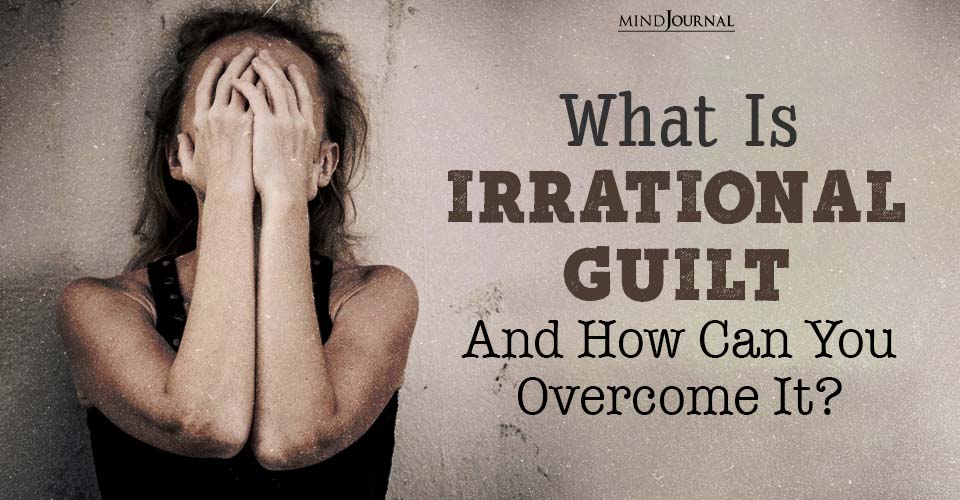


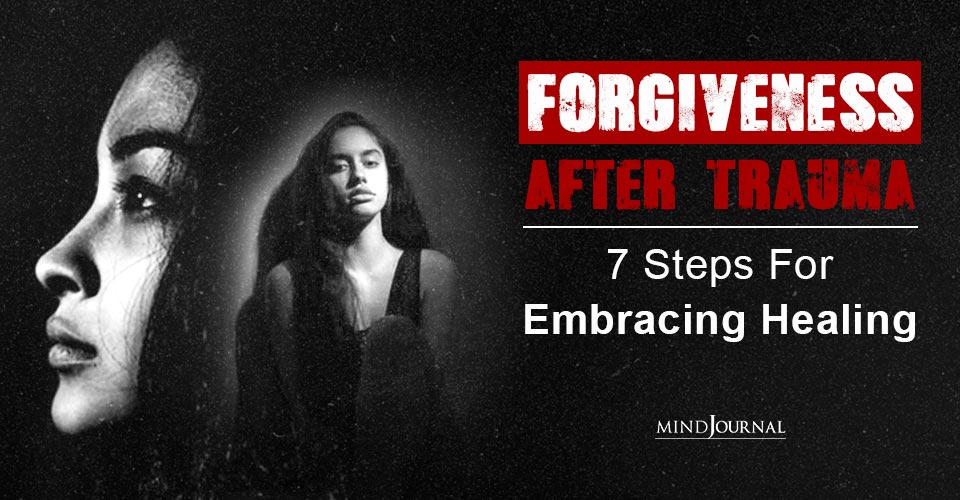
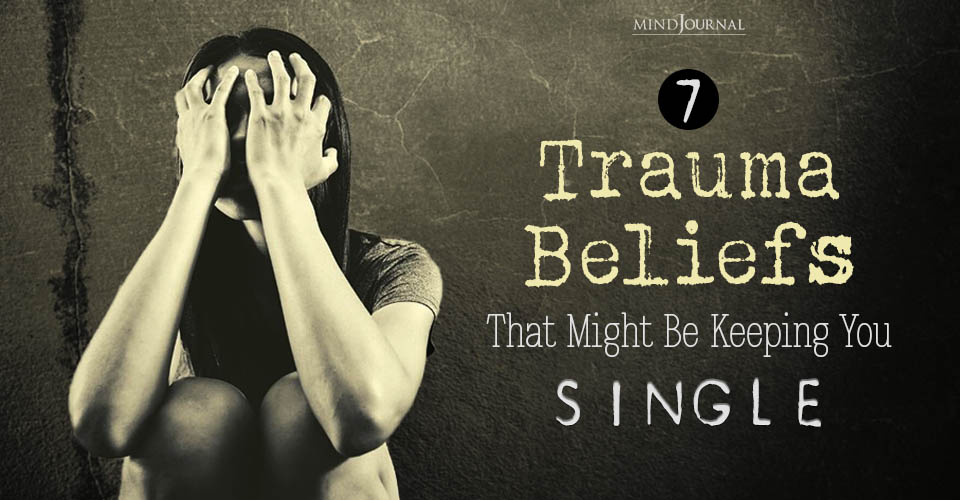
Leave a Reply